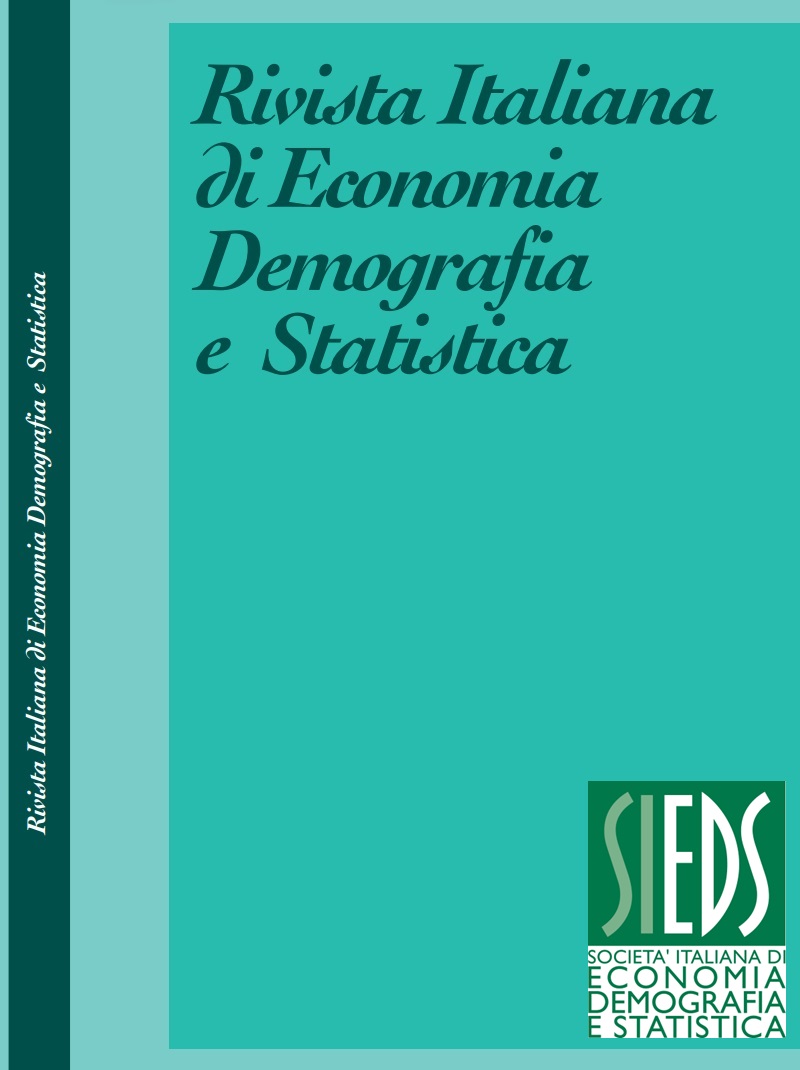Quality of government and environmental well-being across European regions
Abstract
Conventional wisdom holds that effective state institutions play a key role for improving sustainable wellbeing. Hence, building quality of government is one of the global targets of the UN Sustainable Development Goals. While empirical evidence indicates that quality of government is indeed crucial for social and economic wellbeing, studies on the environmental impact of effective institutions are scarce and inconclusive. Yet, considering the increasingly severe environmental threats faced by humanity, understanding whether effective institutions are associated with environmental wellbeing should be of primary importance for both researchers and policymakers. In order to shed light on the somewhat neglected institutions-environment nexus, our study addresses three major gaps in the literature. First, instead of focusing on the country level, we focus on the subnational level. Second, instead of considering only a single aspect of environmental wellbeing, our results are based on multiple domains of the environment. Third, given the lack of subnational indices on environmental wellbeing, we develop a new composite index of environmental wellbeing via Bayesian latent variable analysis that takes into account spatial correlation. Our findings show persuasively that quality of government is in general an important and positive determinant of environmental wellbeing at the NUTS 2 level the EU, though we find also that the strength of the institutions-environment nexus depends on the sphere of environmental wellbeing. Policymakers should be aware that environmental destruction can be tackled by building more effective regional institutions.
Downloads
Published
Issue
Section
License
Copyright (c) 2022 Andrea Vaccaro, Carlotta Montorsi

This work is licensed under a Creative Commons Attribution 4.0 International License.



